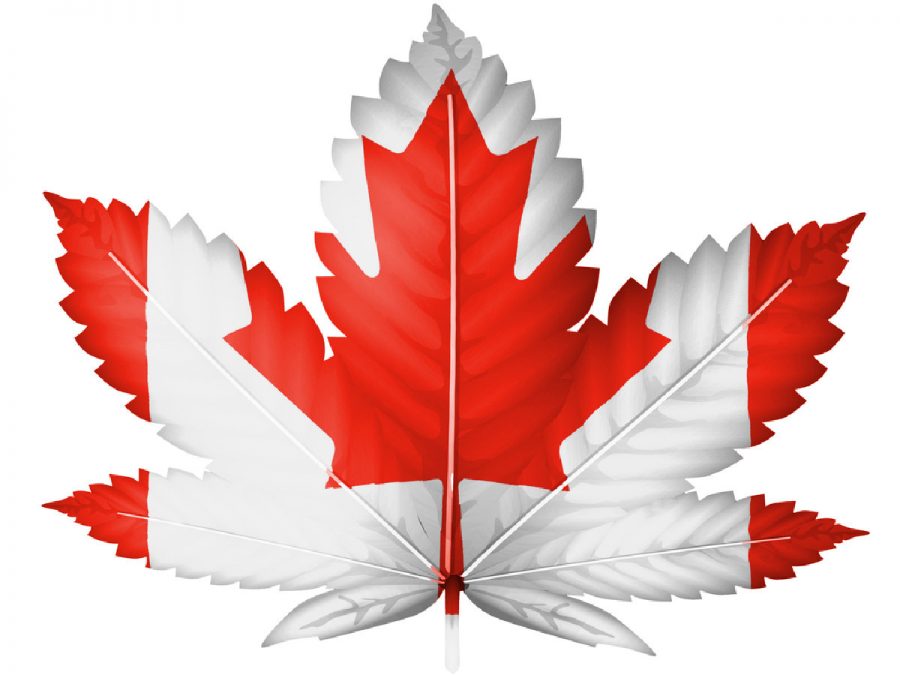Cannabis legalization in Canada: 7 things you ought to know
On October 17, cannabis legalization in Canada will go into full effect. Following discussion and debate between the Senate and House of Commons, Bill C-45 (the Cannabis Act) was approved by the Canadian parliament.
The looming enactment of Bill C-45 has propelled the legal weed industry into high gear. Investors are interested, consumers are keen and a major swell has been forecast for the Great White North’s economic landscape.
Amidst all of the excitement and anticipation that is building up ahead of cannabis legalization in Canada, it’s important to understand a few things about Canada’s adult-use weed market:
1. Recreational cannabis remains illegal until October 17th
Canada’s prohibition on cannabis has not been lifted just yet. The federal government will not permit the sale, consumption or distribution of the plant until the market launches on October 17.
2. Only some forms of cannabis will be permitted under the Cannabis Act
Even though cannabis legalization will officially happen on October 17, this doesn’t mean that consumers can legally consume all forms of the plant. According to the rules set forth in the Cannabis Act, just dried flower and certain types of cannabis oils, including softgel capsules, will be legalized. Vaporized cartridges, edibles, cannabis-infused drinks and concentrates will not be legalized.
3. Cannabis cannot be transferred between Canada and the U.S.
If you are planning on bringing some high-grade bud back to Canada from the U.S., or vice-versa, you will be disappointed to learn that this is against the rules. Try it and expect to be stopped by border control or slapped with a fine.
4. The Cannabis Act will be enforced differently in each Canadian province
When Bill C-45 was passed by Parliament, provincial governments were informed of their roles to enforce province-specific regulations. You can find a summary of provincial and territorial regulations here.
5. Cannabis tax will be less than alcohol tax in Canada
Legal weed will be taxed from October 17 onwards. Interestingly, the cannabis tax rate will be lower than the alcohol tax rate. Companies operating in the cannabis space may feel the effects of federally imposed excise taxes, which are expected to be set at around 10 percent. Worryingly, with no permit, license, tax or rent requirements to worry about, black market dealers may be able to offer their products and/or services for a cheaper price.
6. Overseas cannabis industry players will play an important role in Canada’s adult-use market
Canadian companies are dominating the global cannabis trade and with so many well-known names competing in the industry, overseas industry players are guaranteed to snap up an opportunity when cannabis legalization in Canada rolls out.
7. Canada’s legal weed market is a major money-making business
Cannabis legalization in Canada could ignite a multi-billion dollar industry. There is some serious money to be made in the legal weed market. With the option to purchase Canadian stocks and bonds on the National Stock Exchange and the Toronto Stock Exchange, investors can easily get a piece of the pot pie.








